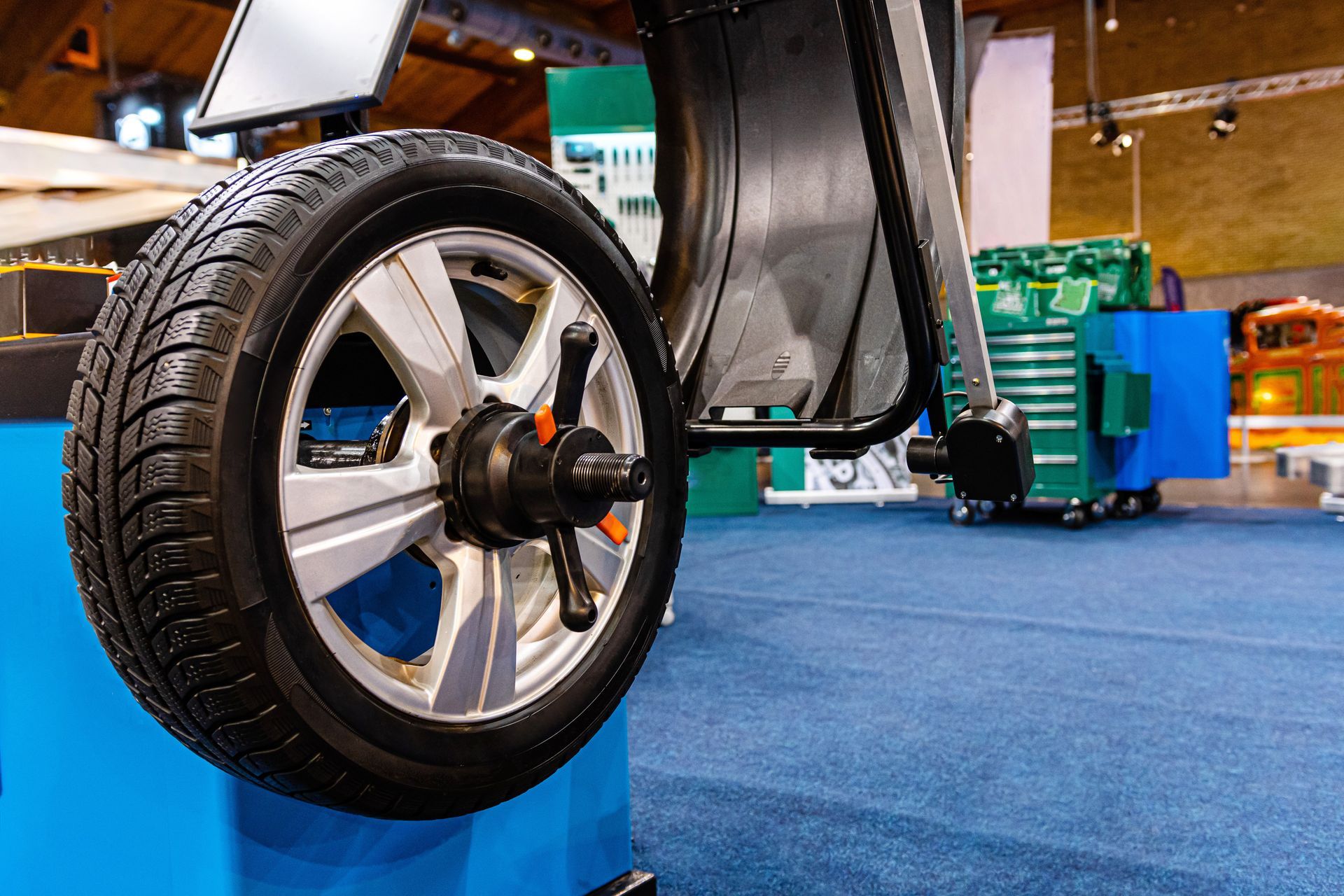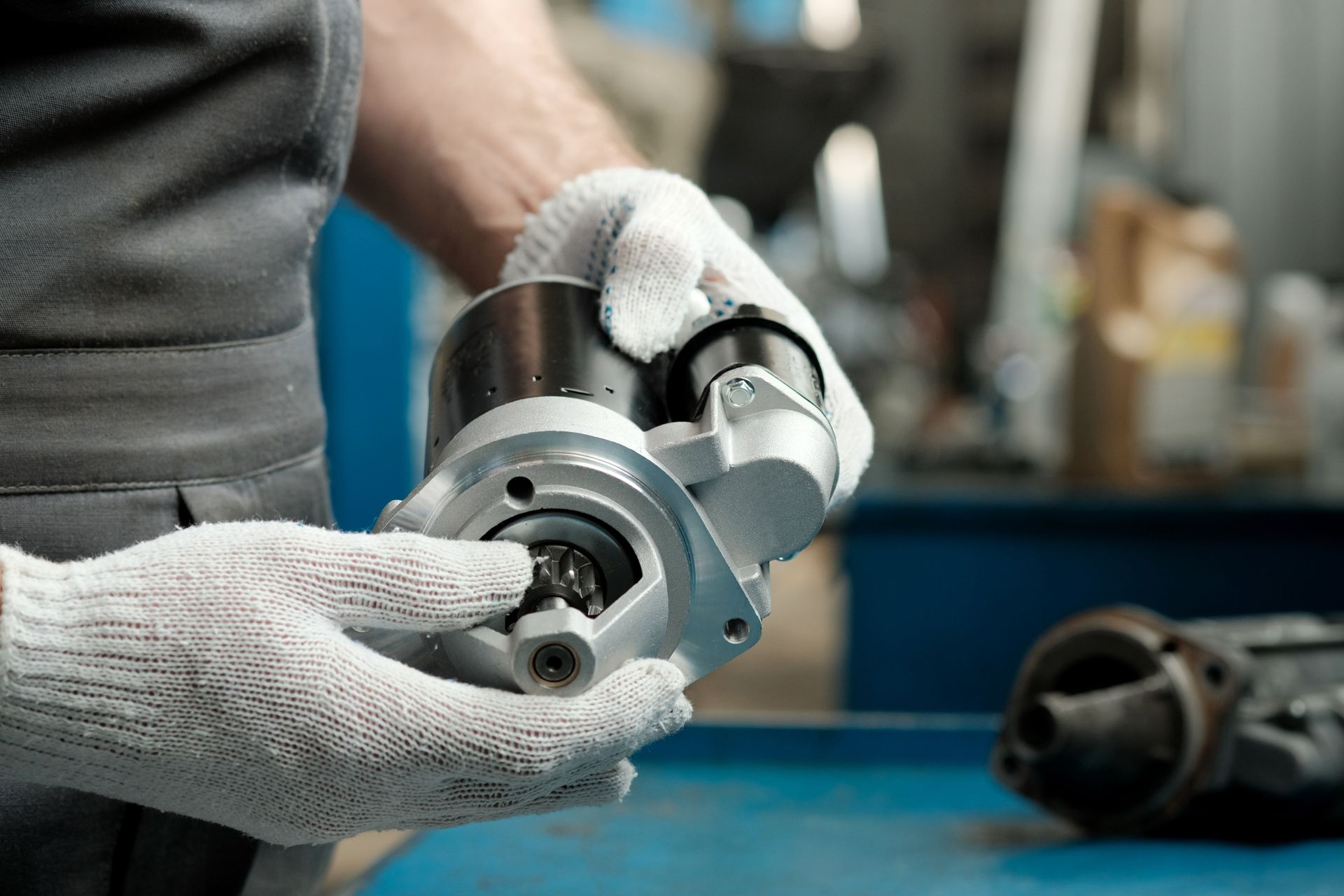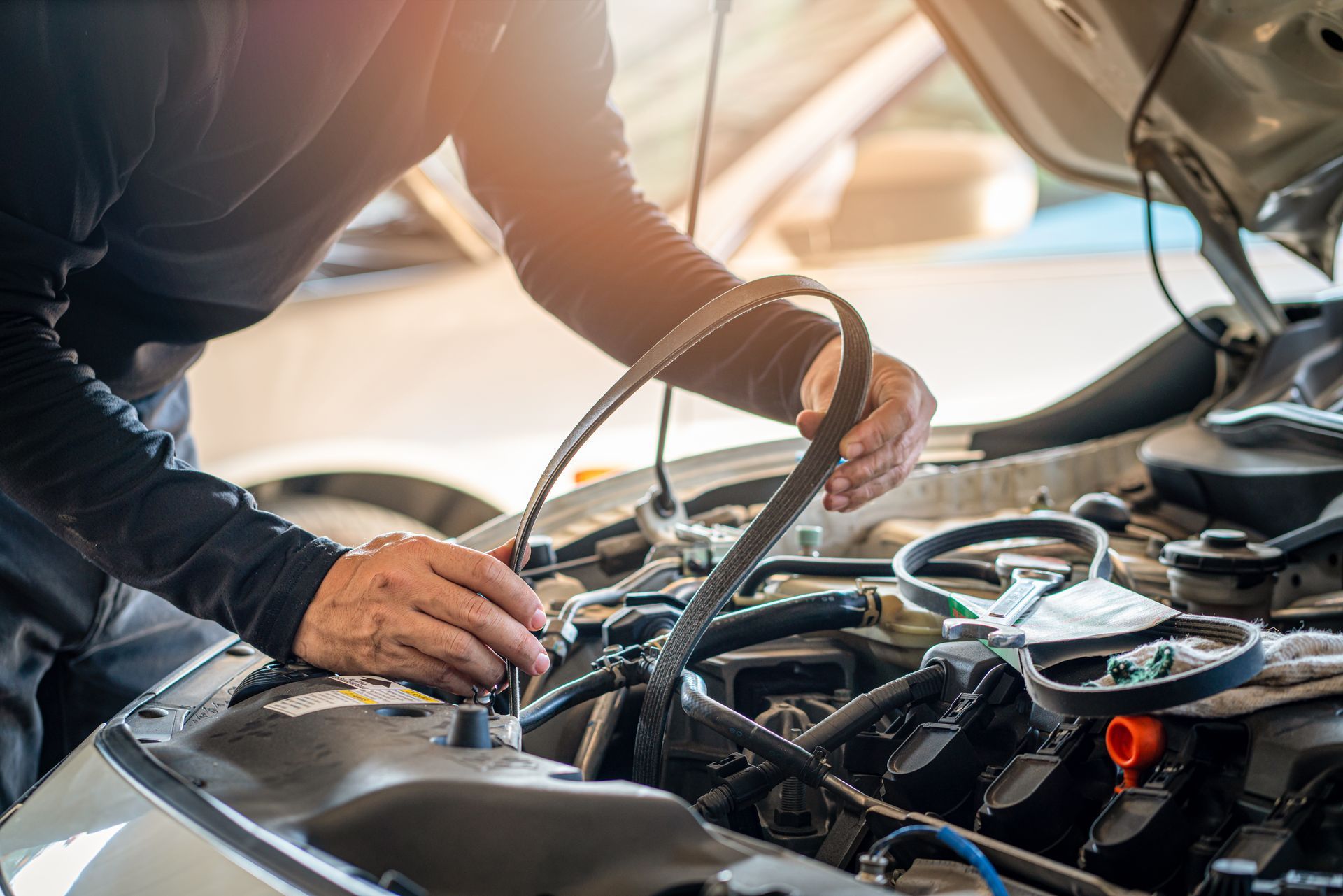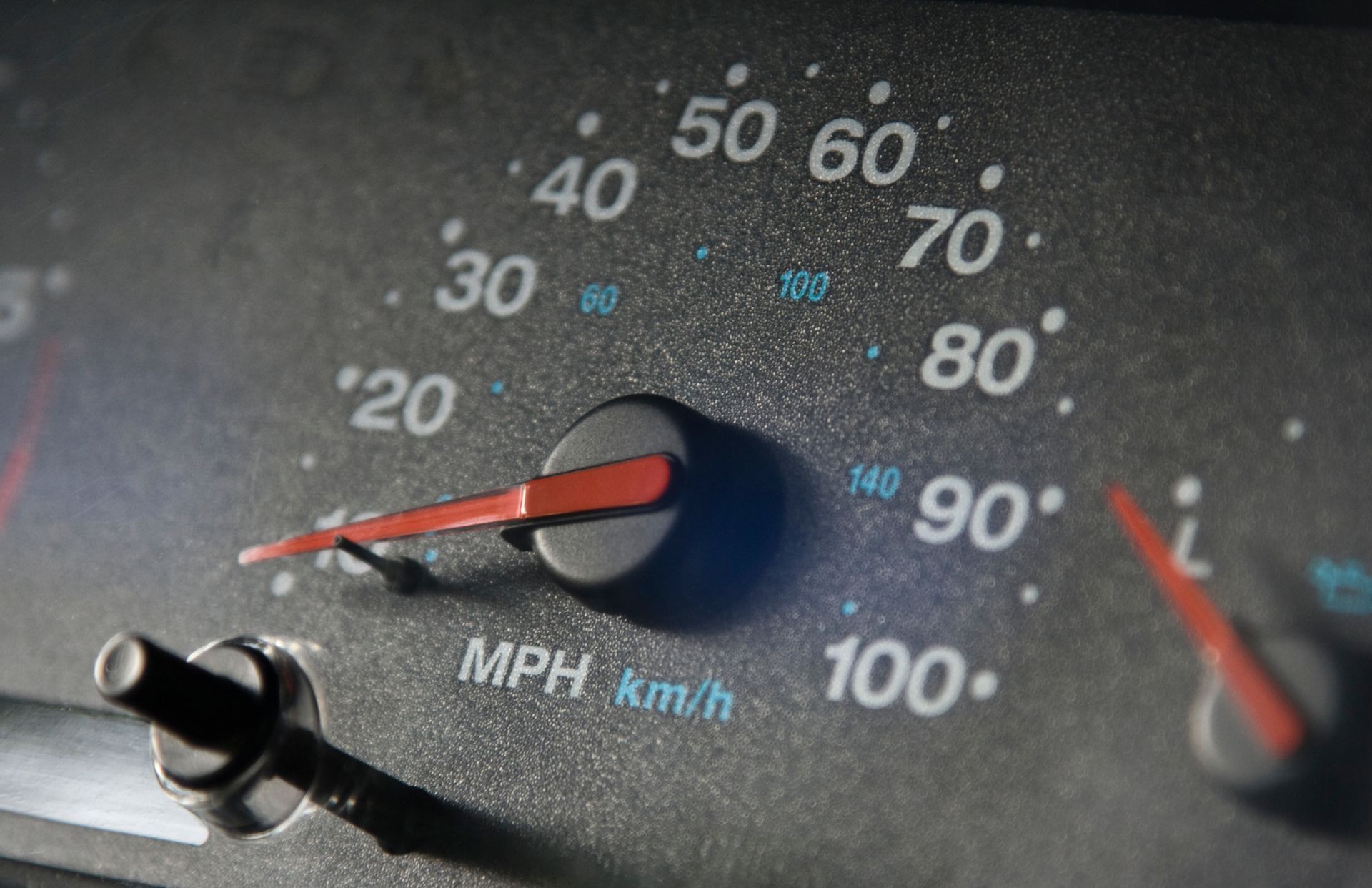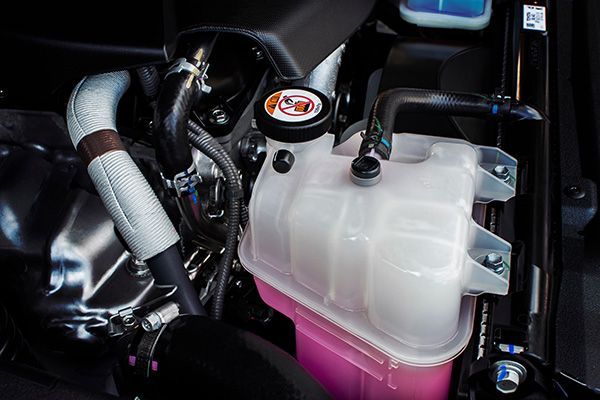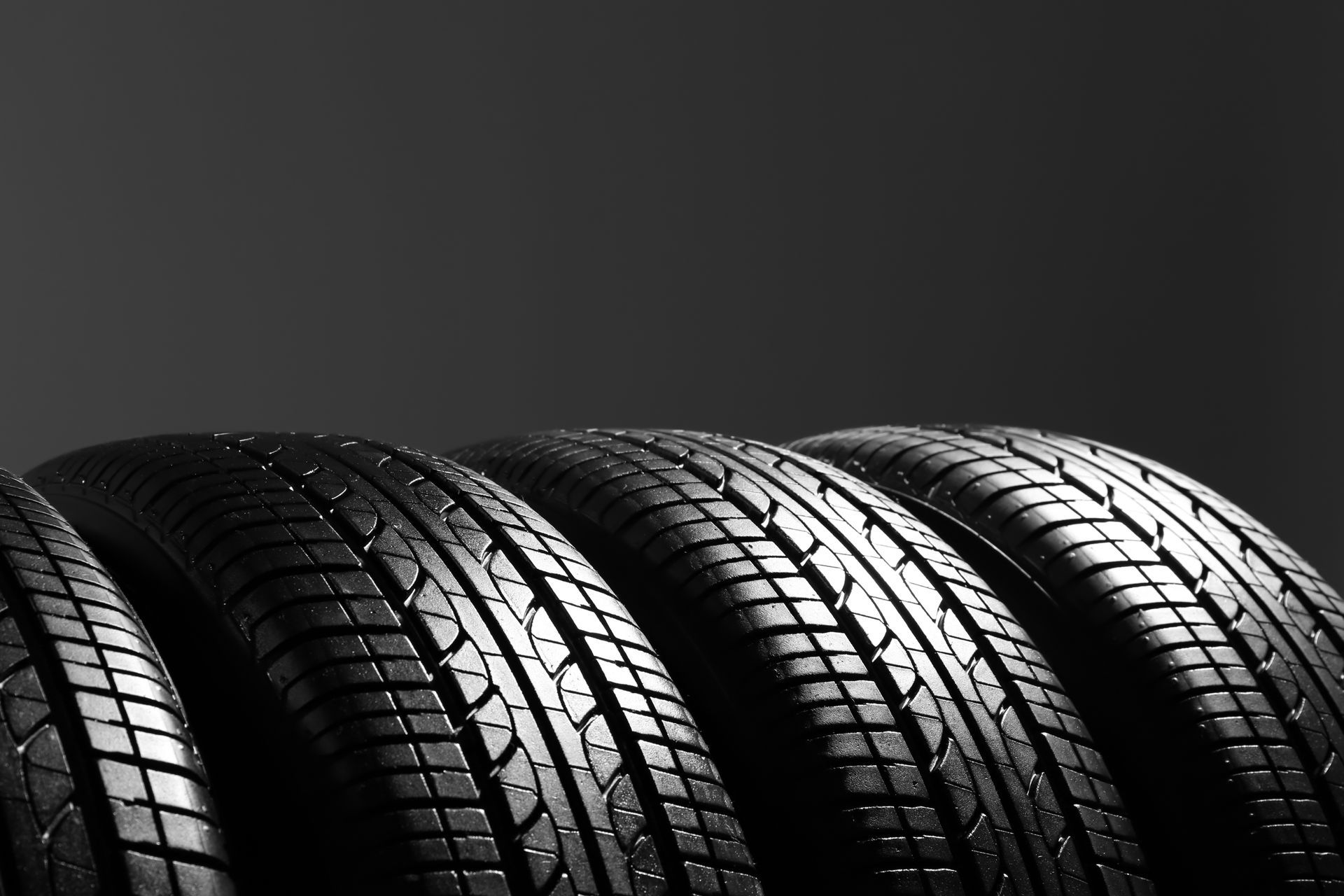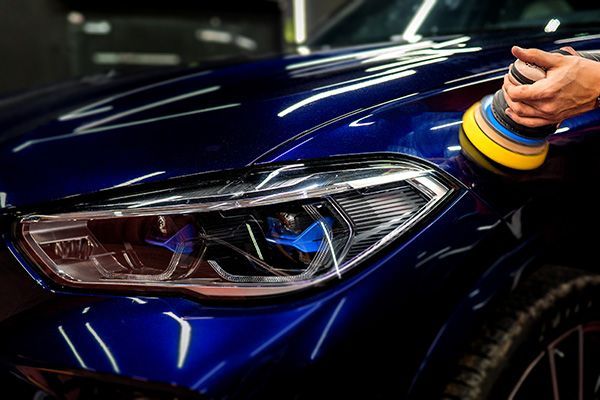Your vehicle’s fuel system works behind the scenes to keep your engine running, but when something goes wrong, it can leave you stranded. Two of the most important components in this system are the fuel pump and the fuel filter. They work together to deliver a clean, steady flow of fuel to the engine, and if either part fails, you’ll notice problems fast.
Knowing when to replace these components and recognizing the warning signs can save you from sudden breakdowns and expensive repairs.
The Role of the Fuel Pump
The fuel pump’s job is to move gasoline from the tank to the engine at the proper pressure. Without enough pressure, your engine can’t perform as it should, leading to stalling, sluggish acceleration, or complete no-start conditions.
Fuel pumps are built to last, but they wear out over time due to heat, contamination, and natural aging. While some last over 100,000 miles, others can fail much sooner depending on driving conditions and maintenance habits.
Signs of a Failing Fuel Pump
A bad fuel pump often shows symptoms before it fails completely. If you notice any of the following, it’s worth having the system inspected:
- Difficulty starting the engine, especially after sitting overnight
- Sudden loss of power while accelerating or driving uphill
- Engine sputtering at higher speeds
- Unusual whining or humming noises coming from the fuel tank
- Reduced fuel efficiency without another obvious cause
Catching these warning signs early gives you the chance to replace the pump before it leaves you stranded.
How the Fuel Filter Protects the Engine
The fuel filter removes dirt, rust, and other contaminants from the gasoline before it reaches your engine. Over time, the filter can clog, restricting fuel flow and putting unnecessary strain on the fuel pump.
Most fuel filters are designed to last between 20,000 and 40,000 miles, but this can vary depending on the vehicle, fuel quality, and driving conditions. If your vehicle is older or you frequently drive in dusty areas, you may need to replace it more often.
Symptoms of a Clogged Fuel Filter
- Engine hesitation or misfiring
- Loss of power, especially under load
- Stalling shortly after starting
- Difficulty reaching higher speeds
Replacing a clogged fuel filter is far less costly than repairing a stressed fuel pump or damaged injectors, so staying on top of filter maintenance is essential.
Why It’s Important to Replace Both
In many cases, replacing the fuel filter when installing a new pump is the smart move. A clogged filter can strain a new pump, shortening its lifespan, while a weak pump can fail to deliver enough fuel even with a clean filter.
By servicing both components together, you ensure the entire fuel delivery system is functioning as it should and reduce the chance of repeated repairs.
Preventing Future Fuel System Issues
To maximize the lifespan of your fuel pump and filter:
- Avoid regularly driving on a nearly empty tank, which can cause the pump to overheat
- Use high-quality fuel to reduce contaminants
- Stick to your vehicle’s recommended maintenance schedule
- Schedule regular inspections so problems can be caught early
A little preventive care can go a long way toward avoiding unexpected breakdowns and expensive repairs.
Expert Fuel System Service at Harvey’s Garage
At Harvey’s Garage in Virginia Beach, VA, our technicians handle everything from routine fuel filter replacements to diagnosing and repairing failing fuel pumps. We’ll test your system, identify any issues, and make sure your engine gets the clean, steady flow of fuel it needs.
Don’t wait for your car to stall before addressing a fuel system problem. Schedule a visit with
Harvey’s Garage today and keep your vehicle running smoothly and reliably.

